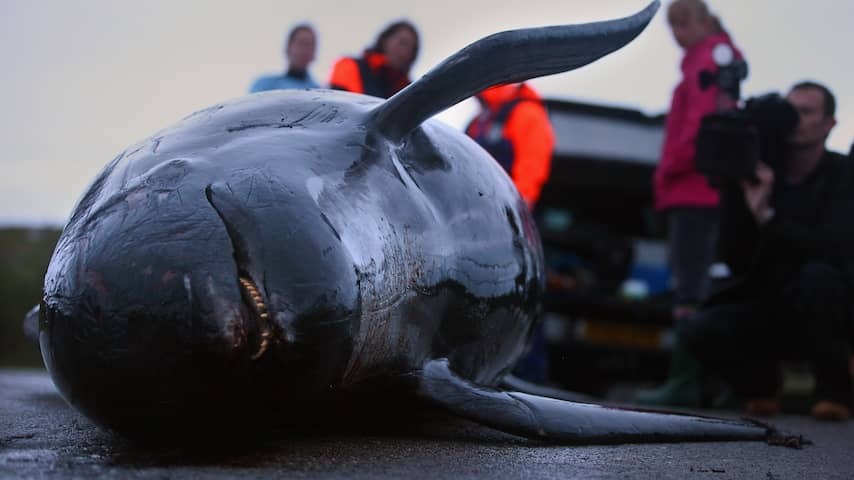
The Number of Stranded Cetaceans in Scotland Has Increased Significantly over the Past Thirty Years. This is accordance to research from the University of Glasgow. For some whale species, IT Involves A Doubling.
The Research, which was published in The Scientific Magazine Scientific Reports , Shows That Hundreds of Cetaceans Strand in Scotland Every Year. That is much more than in 1992, the starting point of the period that the scientists examined.
The Researchers Analyzed Data From Five Categories of Cetaceans: Baleen Whales, Common Dolphins, Deep Divers, Pelagic Dolphins (Dolphins That Live Far From the Coast Deep in Oceans), and Porpoises. Each Category Shows An Increase in the Number of Strandings per year between 1992 and 2022.
For some whale species, it is a gradual increase, such as with deep divers and pelagic dolphins. For Baleen Whales and Common Dolphins, IT is abrupt Increase that started in 2010. The Number of Stranded Porpoises Fluctuates Nogtuonsly, But Shows A Significant Increase Since 1992.
The Largest Increases Occurred in Balene Whales (from ten Forty Strandings per year), Common Dolphins (from Almost Zero to Sixty), and Porpoises (From Sixty to Almost 120).
Increase worries scientists
Between 1992 and 2022, 5.147 Cetaceans Stranded on Scottish Beaches. In More Than Half of the Cases, IT Involved Porpoises.
The Researchers Link the Increase in the Number of Strandings to Human Activity. Cetaceans can get off course due to disruption of the sonic signals they emit to communicate with each other. As a result, they end up in Shallower Waters.
The Research by the Scottish Scientists Follows A Summer with a Remarkly Large Number of Strandings in Europe, Reports The Guardian . In A Period of Less Than Two Weeks, 36 Sowerby’s Beaked Whales and Pilot Whales (Toothed Whales) Were Found on the Beaches of Ireland, Scotland, England, The Netherlands, and Sweden.
The Increase in the Number of Strandings Worries Scientists and Volunteers who Rescue Whales and Dolphins. “It is clear that the oceans are changing,” Says lead researcher Andrew Brownnow to the Guardian . “And Scotland is on the edge of this change.”